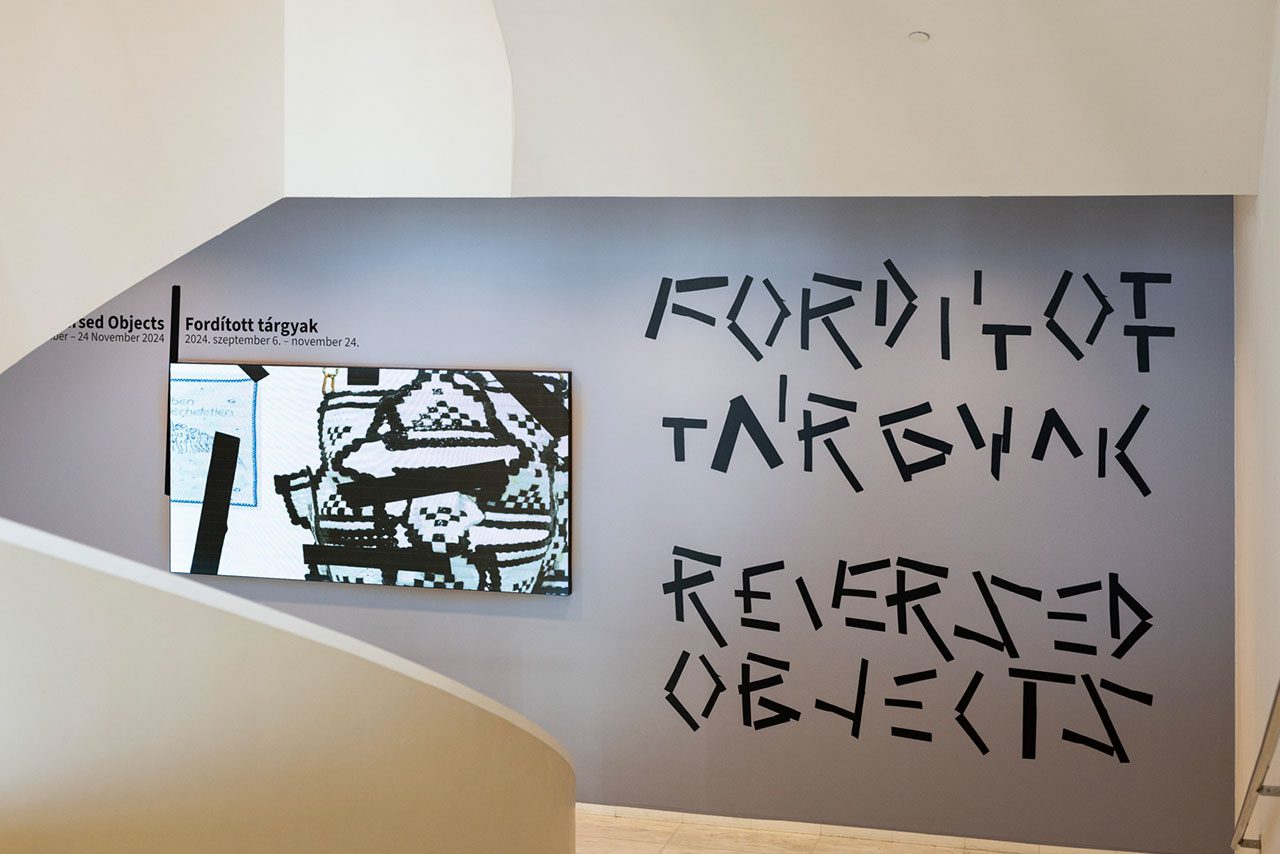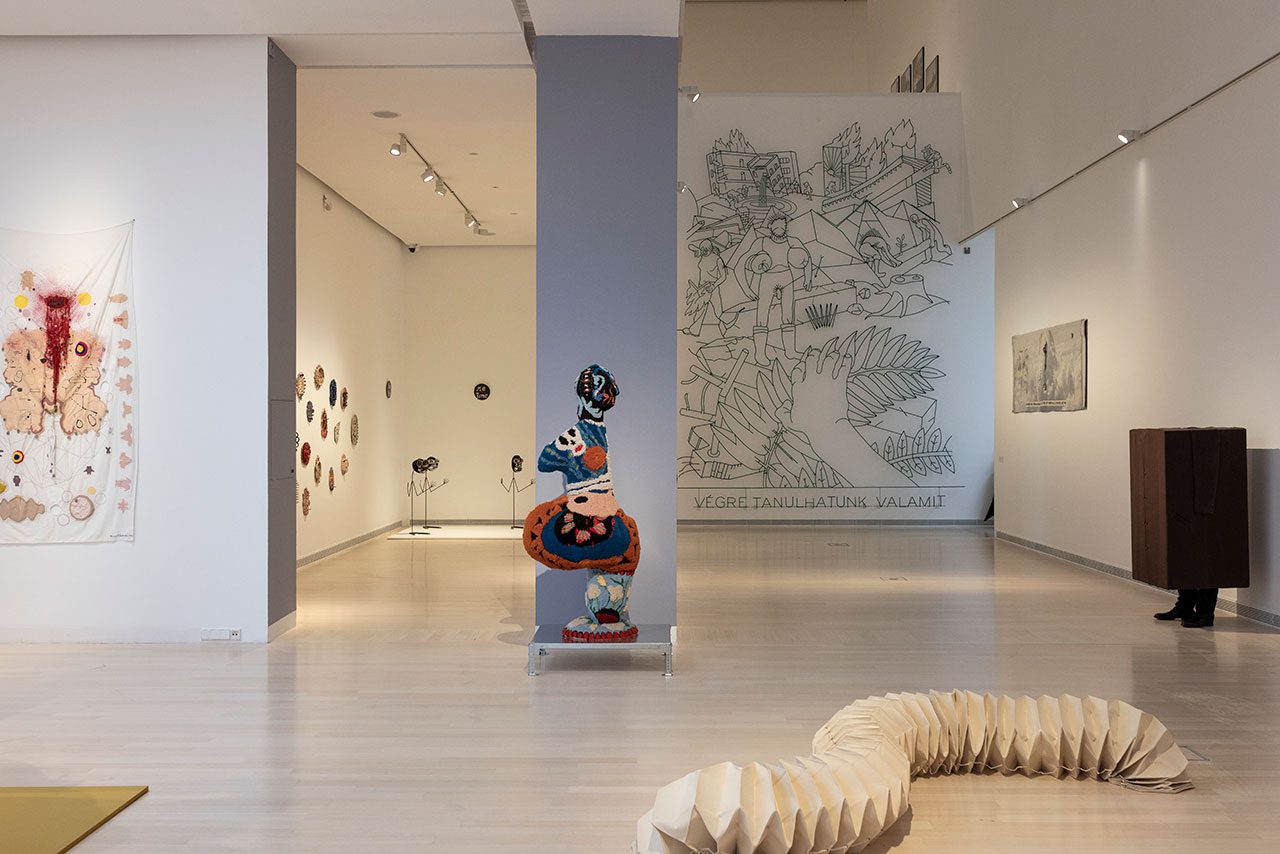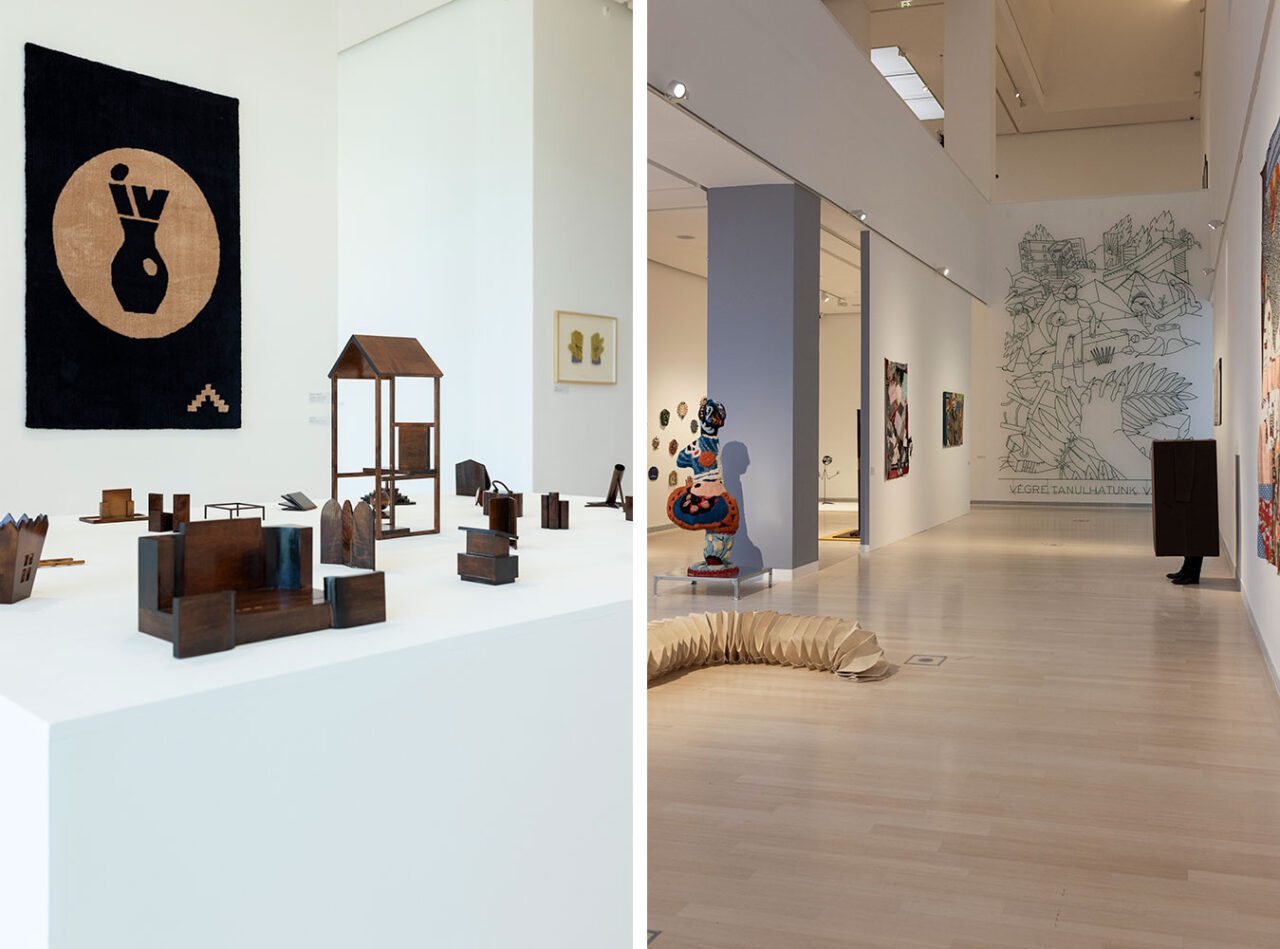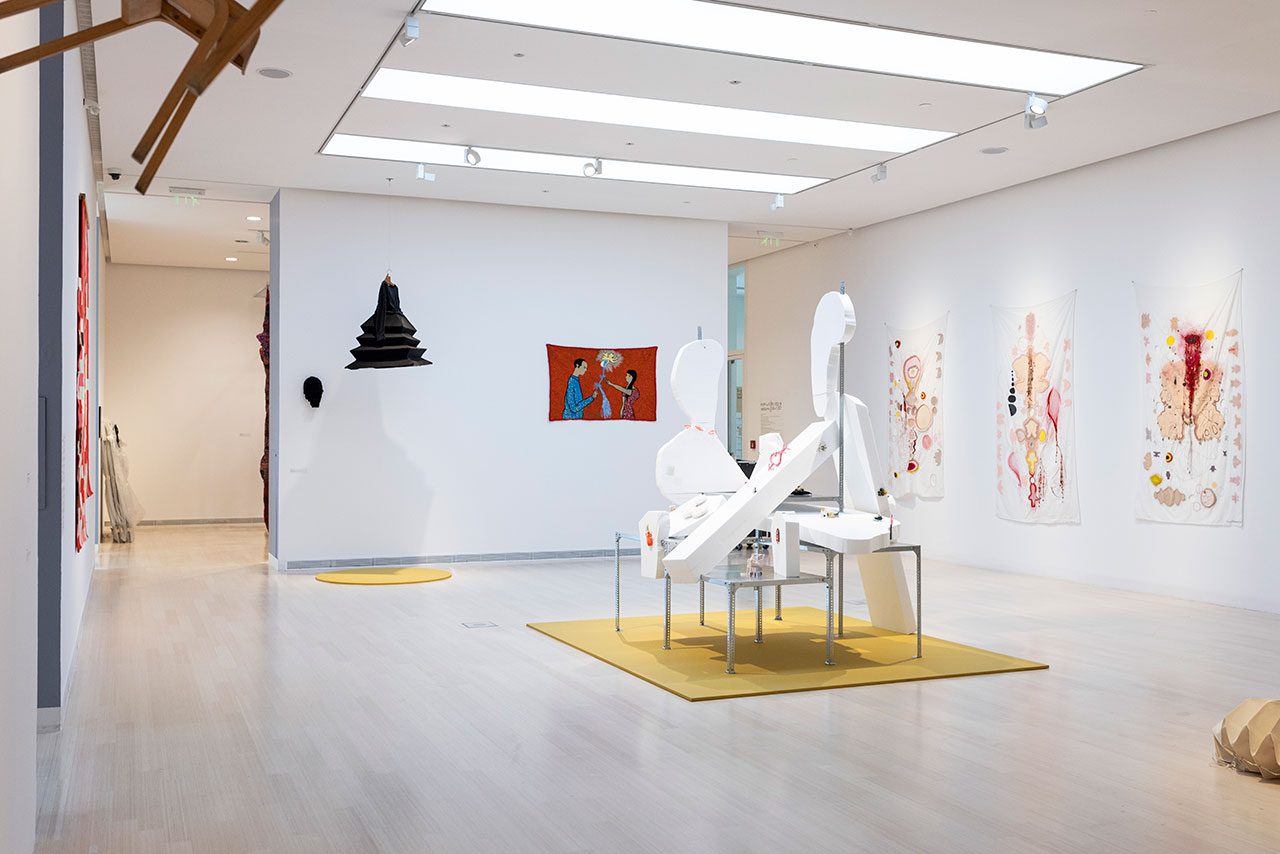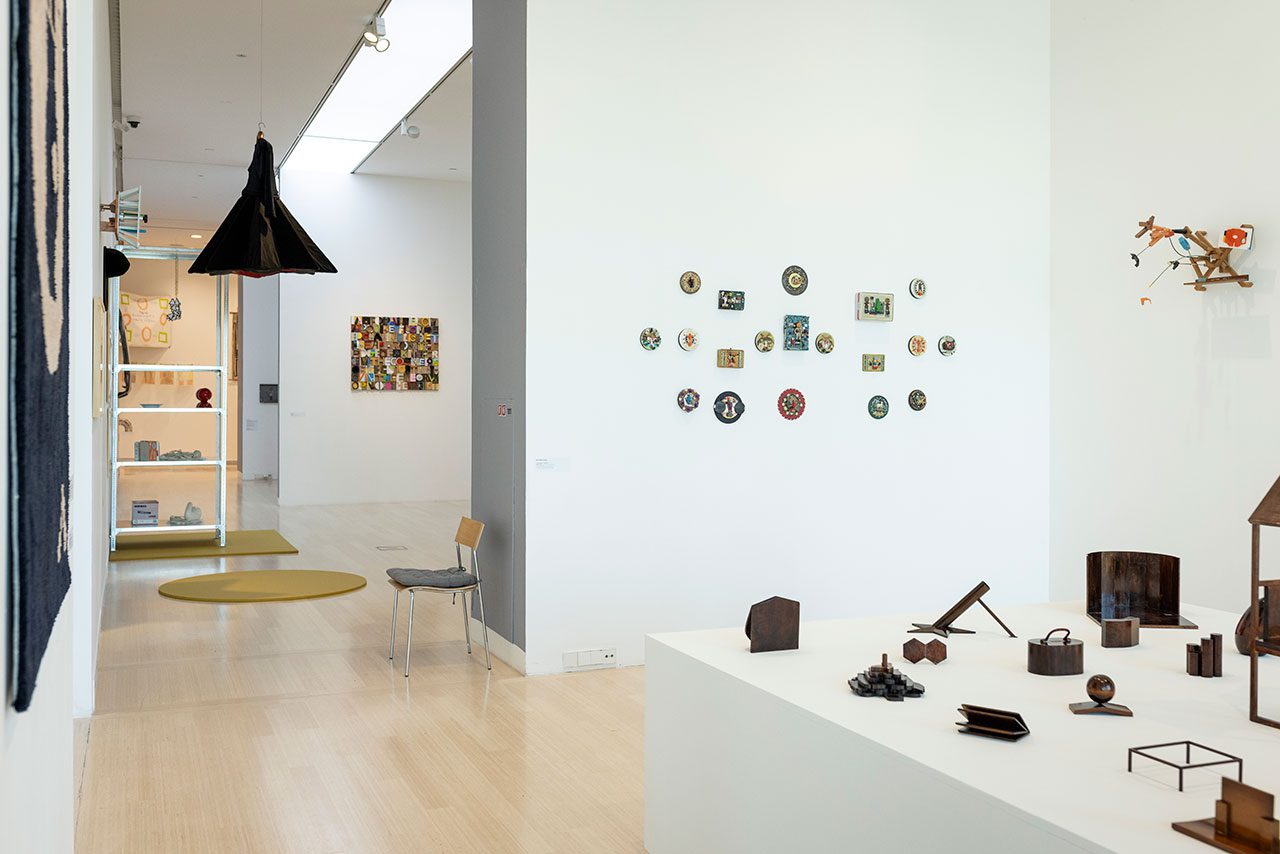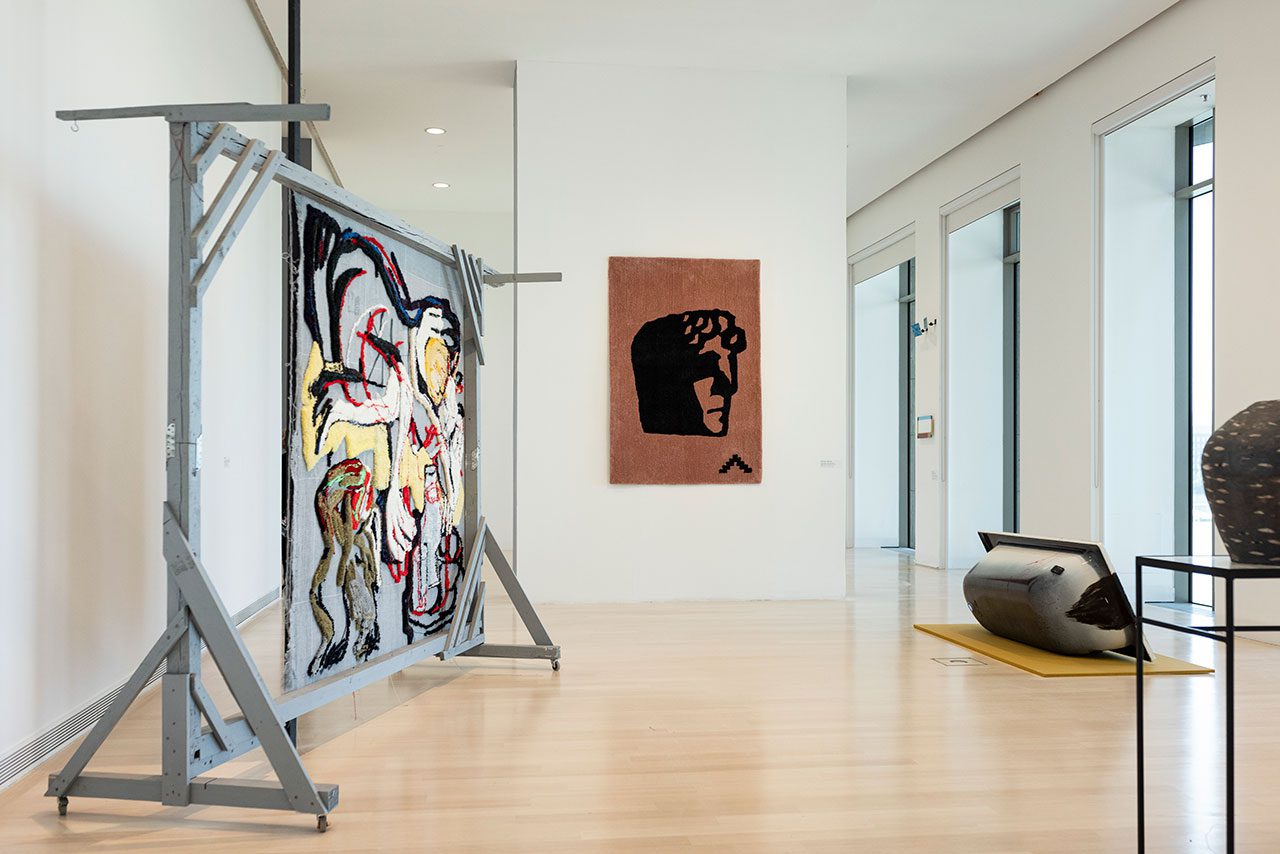PRESENTATION: Reversed Objects, Part II
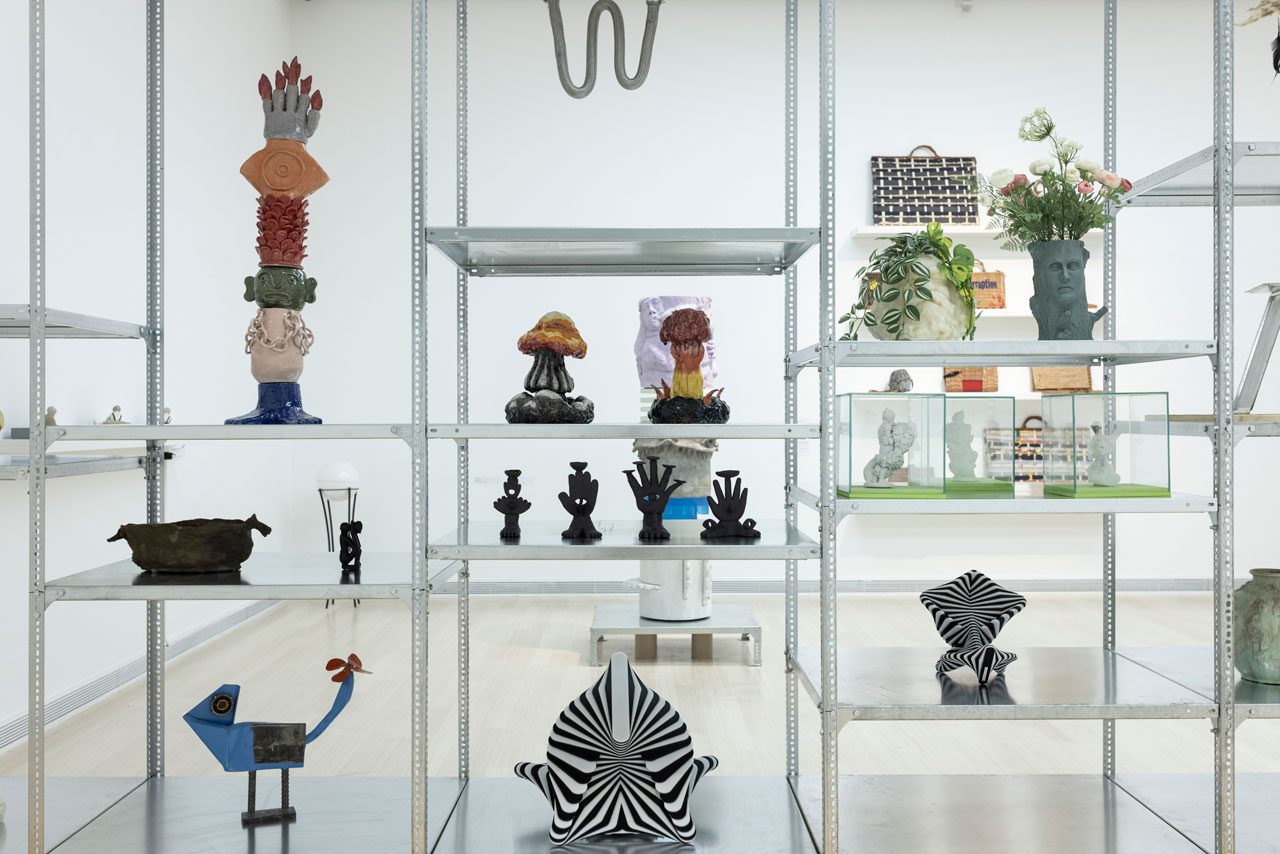 The exhibition “Reversed Objects” raises a number of questions ranging from the status of objects as either mere things or artworks to the functioning of art institutions, while touching on various themes and disciplines. Some of these questions may sound rather banal. American art philosopher Arthur C. Danto analyses the following problem: if one enters a room full of objects, can one tell at a glance which are works of art and which are mere real things? Danto argues that even if we do not necessarily have a precise definition of what art is, we are able to tell artworks from everyday objects (Part I).
The exhibition “Reversed Objects” raises a number of questions ranging from the status of objects as either mere things or artworks to the functioning of art institutions, while touching on various themes and disciplines. Some of these questions may sound rather banal. American art philosopher Arthur C. Danto analyses the following problem: if one enters a room full of objects, can one tell at a glance which are works of art and which are mere real things? Danto argues that even if we do not necessarily have a precise definition of what art is, we are able to tell artworks from everyday objects (Part I).
By Efi Michalarou
Photo: Ludwig Museum Archive
The title of the exhibition “Reversed Objects” refers to the title of Zoltán Fejős’s* book of essays, “Tárgyfordítások” (“Object Reversals”, 2003), “reversing” it, which is not only a tribute to Fejős’s academic work, but also a reference to the interplay between different perspectives and the different approaches of disciplines. The exhibition explores the reasons for the presence, and the various meanings, of traditional craft techniques, which have become increasingly prevalent in contemporary art over the last 10–15 years. This change in the concept of art seems to have been brought about not only by the transformation of artistic practices, but also by a rethinking of the principles of the institutional system. Artists are constantly discovering and appropriating new techniques and processes for themselves, incorporating the contextual content of these into the meaning of their work. Of course, for a very long time now, not only works created using the techniques of painting and sculpture are considered fine art, nor is a degree in art a criterion for someone to be considered an artist. Even so, certain techniques, processes and methods are still considered marginal within visual art, even though the creation of an artwork has long ceased to be associated with the artist’s manual labour. The somewhat mythical and romanticised idea of “the artist’s handprint”, despite the emergence of craft techniques, is not motivated by a desire to revert the artist’s own situation or the perception of the artist to a bygone era. When visual artists turn to these techniques and methods, they are not always seeking to completely eradicate the prevailing canonical system of the day, but rather to reinterpret existing concepts and practices and examine their present-day usefulness. The artist, by virtue of his or her position, is capable of – even indirectly – rejecting existing frameworks and boundaries in a kind of epistemic disobedience. The institutional system and the artistic canon, for its part, reacts to the specificities of contemporary artistic production, to the ever-new and ever-changing means of expression, while also constantly rethinking its own scientific and epistemological boundaries. The latter can currently be witnessed in the separation of collections of art, ethnography and, to some extent, applied art. However, this Eurocentric approach to the current concept of art and its institutional structure is increasingly difficult to reconcile with the long-standing globalism of the art world. It is precisely these ideas and the critical overriding of them that are at the heart of the so-called “decolonialisation” efforts, theoretically represented in the exhibition in the interpretative field of a local context. The exhibition’s layout reflects this institutional separation by reversing the aesthetics and logic of the display mode familiar from contemporary art exhibitions.
* Zoltán Fejős is a Hungarian ethnographer and anthropologist.
Participating Artists: Albert Ádám, Bakos Gábor, Julie Béna, Bp. Szabó György, Brückner János, Buczkó Bence, Bukta Imre, Tony Cragg, Csutoros Sándor, Anna Daučíková, El-Hassan Róza, Ember Sári, Fekete Balázs, Jakup Ferri, Gádor Magda, Gróf Ferenc, Gruppo Tökmag, Gyenes Zsófia, Haris László, Harsány Patrícia, Havadtőy Sámuel, Jakab Tibor Perkins, Jovánovics György, Kaneuji Teppei, Kemény György, Keserü Ilona, Kinder Album, Krištof Kintera, Király Tamás, Komár Sabrina, Kokesch Ádám, Denisa Lehocká, Lőrincz Réka, Kim Macconnel, Goshka Macuga, Petra Maitz, Matthias Megyeri, Rosalind Nashashibi, Anna Perach, Grayson Perry, Pablo Picasso, Polgár Rózsa, Laure Prouvost, Puklus Péter, Rácz Rebeka, Randomroutines, Erin M. Riley, Roskó Gábor, Selma Selman, Katarina Šević, Nedko Solakov/Slava Nakovska, Daniel Spoerri, Sugár János, Szabó Eszter Ágnes, Szalay Péter, Szilvitzky Margit, Tarr Hajnalka, Thiesz Angéla És A Retextil Alapítvány Műhely, Tóth Márton Emil, Rosemarie Trockel, Ulbert Ádám, Várnai Gyula, Marion Verboom, Veszely Beáta, Erwin Wurm.
Photo: Installation view “Reversed Objects”, Ludwig Museum-Budapest, 2024, Photo: András ZOMBORI © Ludwig Museum – Museum of Contemporary Art
Info: Curator: Timár Katalin, Ludwig Museum – Museum of Contemporary Art, H-Komor Marcell utca 1, Budapest, Hungary, Duration: 6/9-24/11/2024, Days & Hours: Tue-Sun 10:00-20:00, www.ludwigmuseum.hu/
